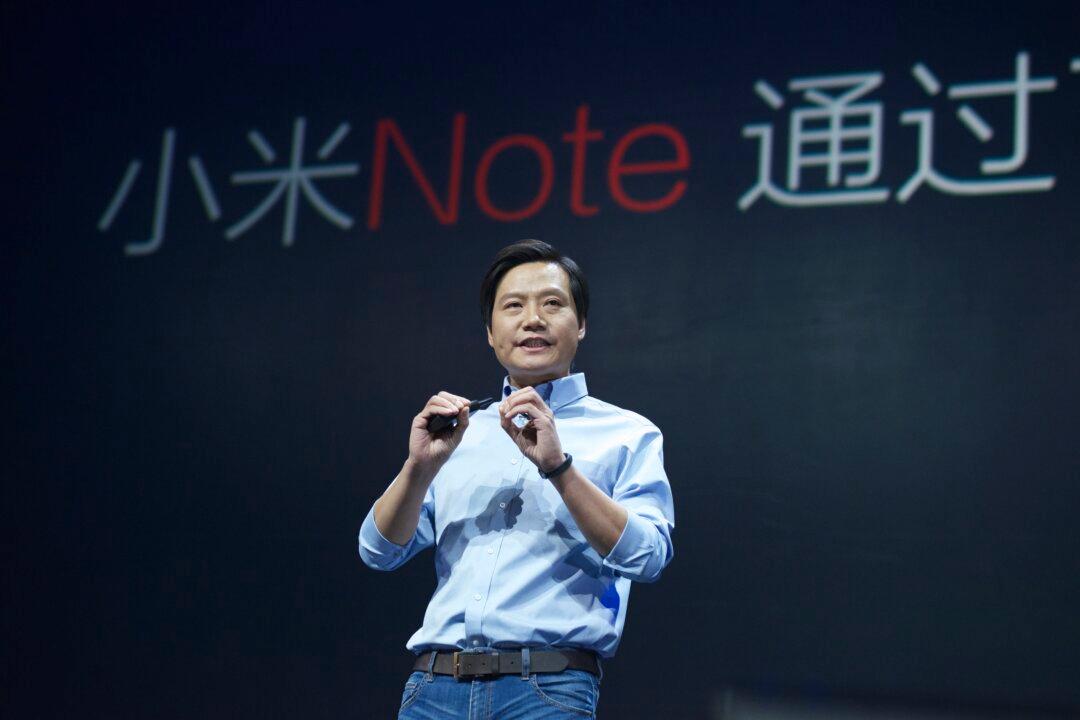China’s No. 1 smartphone maker has been in existence for only five years, holds a $45 billion valuation, and was named after a type of grain.
Beijing-based Xiaomi Inc. sold 18 million smartphones in second quarter 2015. It is currently the world’s fourth biggest smartphone maker, trailing only Samsung, Apple, and Chinese competitor Huawei globally, according to IDC, a market research firm.
Xiaomi, whose name translates to “little rice” (millet rice), also makes wearable tech and household electronics. It is progressive and has global ambitions, officially launching its first smartphone outside of Asia this month. But to truly succeed where no previous Chinese tech company has, Xiaomi must keep its foreign operations independent of Chinese politics and continue to offer innovative products at low prices.
Fast Ascent
Xiaomi is led by Lei Jun, who co-founded the company in 2010. The startup attracted big-name investors immediately, including Singapore’s sovereign wealth fund Temasek Holdings (Private) Limited, U.S. chipmaker Qualcomm Technologies Inc., and venture capital firms.





